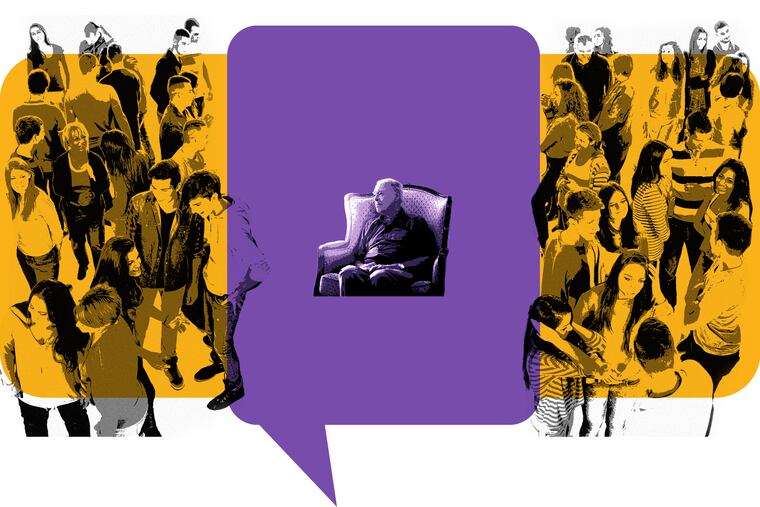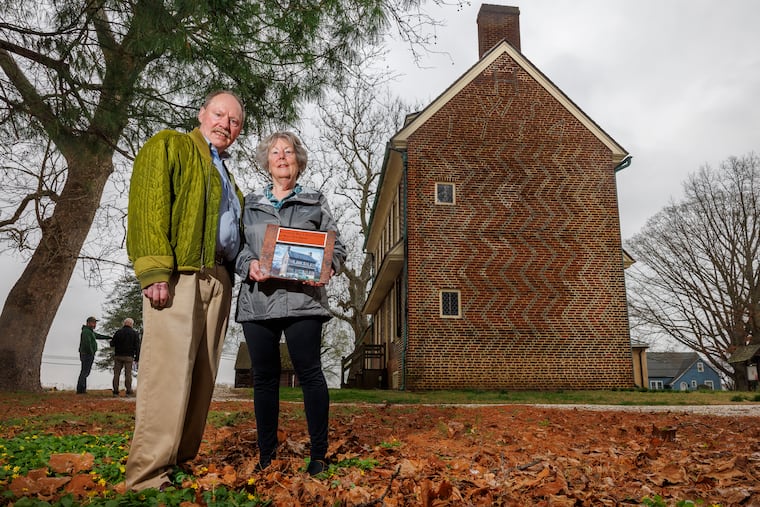Volunteers Play a Critical Role in Nursing Home Care, Supporting Residents and Staff Essential Needs.
Long-term care environments, including nursing homes, are often portrayed as places where individuals go to receive necessary medical attention. However, the emotional and social dynamics at play can significantly impact the well-being of residents. Recent observations have highlighted a troubling reality: over 50 percent of the approximately 1.2 million individuals residing in U.S. long-term care facilities do not receive personal visits from family or friends. This lack of human connection has profound implications, contributing to loneliness, which the U.S. Surgeon General has identified as a public health crisis linked to a range of health issues including dementia and heart disease.
As individuals transition into nursing homes, they typically experience a loss of autonomy and control over their daily lives, leading to feelings of invisibility and abandonment. The absence of frequent interaction can exacerbate this sense of isolation, significantly affecting their mental and physical health. Research indicates that residents without regular visitors are twice as likely to experience adverse health outcomes when compared to those who maintain connections.
In response to this pressing issue, the National Association of Long-Term Care Volunteers (NALTCV) aims to address the disconnect experienced by many nursing home residents. The organization emphasizes that volunteers are not simply supplementary to care; they are essential components of the support system. Studies suggest that meaningful one-on-one interactions can greatly enhance the quality of life for these individuals, offering emotional comfort that medical interventions alone cannot provide.
Despite the clear benefits of volunteer participation, numerous long-term care policies overlook this valuable resource. A recent report from the National Academies of Sciences, Engineering, and Medicine acknowledged the importance of volunteers, yet failed to propose specific strategies for integrating structured volunteer programs into the overall care strategy. This gap highlights an urgent need for awareness and reform within the long-term care system.
The initiative “One Hour, One Visit, One Heart” aims to inspire community members to volunteer their time, recognizing that even a single visit can profoundly impact a resident’s life. By fostering a connection and providing companionship, volunteers can alleviate loneliness, enhance resident satisfaction, and ultimately improve the overall quality of care within these communities.
The role of volunteers extends beyond mere visitation; they introduce a sense of humanity and connection that is often missing in clinical settings. As care providers and policy-makers acknowledge the medical aspects of aging, they must also prioritize the emotional and social needs of residents. Only then can we create a comprehensive approach to long-term care that values connection as much as it does clinical competence. By treating volunteers as integral members of the care team, we move toward a more humane and effective system of support for older adults in need.
Media News Source.







